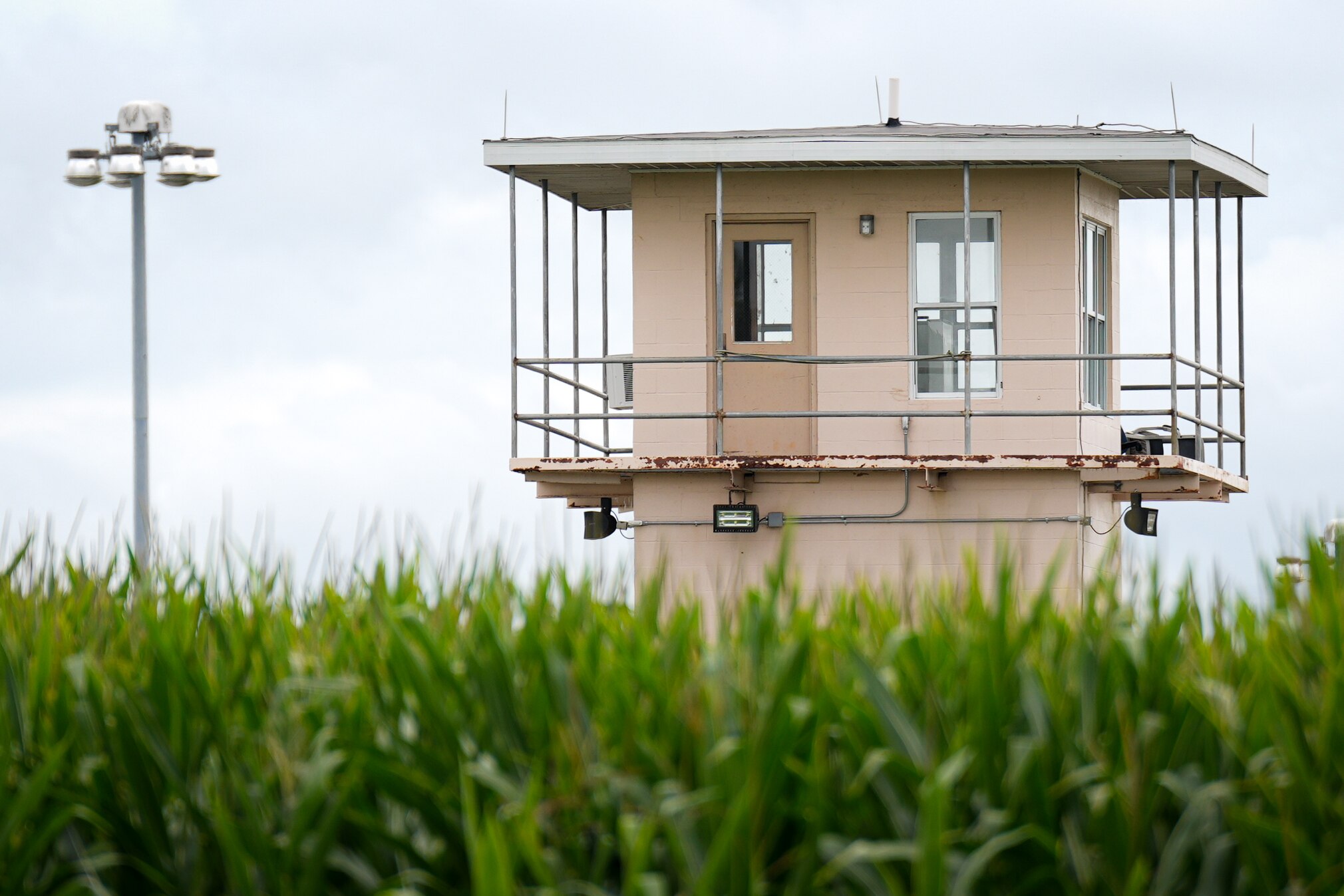CURRENT EDITION: baltimore (none)🔄 Loading BlueConic...EDITION HISTORY: No changes tracked
🔵 BlueConic: ___🔗 Query: ___✏️ Composer: ___
Workplace hazards for Maryland parole agents: Getting shot, stabbed, punched or strangled
State inspectors have cited the Maryland Department of Public Safety and Correctional Services with health and safety violations after parole agent’s killing.
State prosecutors who investigate deaths at the hands of police were busier than ever last year
A specialized wing of the attorney general’s office launched 22 investigations and its first prosecution in 2024.
33-year-old man dies after apparent medical episode at Baltimore jail: ‘This is not fair’
Trayvon Ocain, 33, died in a facility that is under scrutiny for its health care system. His family wants answers.
Baltimore homicides and shootings fall to lowest levels since 2015
Baltimore Police say 201 people were killed in 2024, with more than 400 people shot and wounded.
Maryland must turn over contested Baltimore jail records, loses medical monitor fight
Maryland has spent nearly half a million dollars on a private law firm to try and exit a decades-old lawsuit. So far, it has little to show for it.
These doctors defended Alabama and Louisiana prisons. Maryland wants them in Baltimore.
The plaintiffs challenging Baltimore jail health care, led by the ACLU’s National Prison Project, have nominated three of their own selections to become medical monitor.
Baltimore’s original police oversight board is closing down. Its members were ‘blindsided.’
The impending closure of Baltimore’s original community-led police oversight board has raised new questions. It may also present new opportunities.
Maryland was supposed to build a center for incarcerated women. It went silent instead.
A law firm’s request for records about plans to build a center for incarcerated women has led to a year-and-a-half-long saga that recently culminated in a lawsuit.
Baltimore Police inch closer toward federal reform goals amid uncertain backdrop
The Baltimore Police Department’s achievements come amid an uncertain backdrop in the federal monitoring of local police departments.
This group was told to fix mass incarceration in Maryland. Here’s what they came up with.
Black Marylanders make up about 30% of the state’s population but more than 70% of the people incarcerated in state prisons, the most pronounced racial disparity of its kind in the country, and a dubious distinction that criminal justice reformers say exemplifies the state’s regressive policies around mass incarceration.
Here’s what a second Trump term could mean for policing in Baltimore
The U.S. Department of Justice is helping to transform the Baltimore Police Department. Will that continue under the second Donald Trump administration?
State failed to scrutinize prison health care companies, audit finds
The Department of Public Safety and Correctional Services did not sufficiently check in on its health contractors to ensure that patients were getting timely care and having their complaints investigated, according to a new state audit.
Baltimore could see fewer than 200 homicides this year, police commissioner says
For the first time since 2011, Baltimore could see fewer than 200 homicies, Baltimore Police Department Commissioner Richard Worley told the Police Accountability Board Monday night.
Frustrations with civilian oversight of Baltimore police are boiling over
Of the roughly 1,000 cases the committee has reviewed, nearly half of them were received within 15 days of their expiration, according to city data.
A little girl starved to death in Baltimore. Why did no one help her?
Five-year-old Zona Byrd’s parents face first-degree murder and child abuse charges.
Mary Pat Clarke, a beloved trailblazer in Baltimore politics, dies at 83
The first woman elected to serve as president of Baltimore City Council, Mary Pat Clarke died on Sunday morning, according to sources close to her.
Two correctional officers seriously injured in stabbing at Western Maryland prison
A prisoner at North Branch Correctional Institution in Cumberland allegedly stabbed two correctional officers and injured other staff members, according to the corrections department.
Havre de Grace High football player, 14, killed in shooting; 16-year-old charged
Jai’den Alexander Winchester was pronounced dead at the scene.
Baltimore jail health care will remain under independent scrutiny, despite state’s efforts
The state has devoted significant legal resources toward getting out of a four-year-old settlement agreement.
Maryland prisoner airlifted to hospital after fire at Western Correctional Institution
That prisoner was airlifted Tuesday night by Maryland State Police to a nearby hospital “for treatment of his injuries.”

















